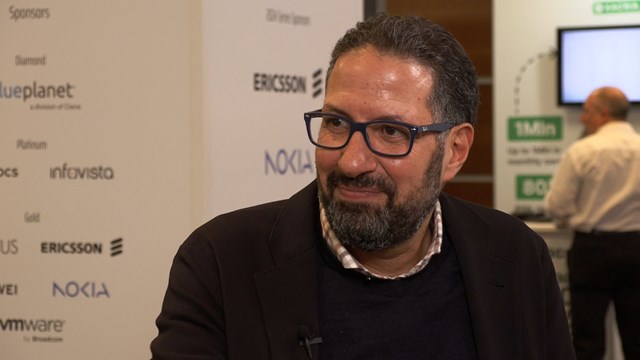M. Bellens, who has held the reins at Belgacom for 10 years, is accused of being ‘outspoken’ in his criticism of the government and regulatory regime in general and the Belgian Prime Minister in particular. According to Bloomberg things came to head this month when Bellens told a group of businesspeople that he heard from Prime Minister Di Rupo only at the end of the year when he called to check how much the Belgacom dividend would be.
According to reports in the Belgian media, Bellens said the PM was like “a small child who’s asking when Santa’s coming.”
(We would love to have M. Bellens on TelecomTV as he clearly likes to speak his mind and is our sort of chap - open offer if you’re listening M. Bellens, though you probably have your hands full at the moment).
That was enough for someone to decide that Bellens had breached the trust necessary between the CEO and the Belgian government - which still has ultimate control over its ex-incumbent telco.
Not only has the state reserved itself some critical levers - for instance, it has final say over the choice of CEO while the board gets to assemble a shortlist - but it also holds 53.5 per cent of the shares. Talk about an iron grip.
Meanwhile, the government stake in Belgacom is worth €3.8 billion and - Belgium being a relatively small country - the dividend income (€394 million expected for the 2014 budget) is a welcome wedge of cash, especially in times of austerity.
One of the problems which may have lain at the root of M. Bellen’s ongoing gripe was that the Belgian government is conflicted in almost exactly the same way it would have been were Belgacom still the national PTT. It is both the ultimate regulator and a beneficial owner of the dominant player and that sets up a significant conflict of interest - one which arguably showed itself with the outcome of the recent Belgian LTE auction where the three established mobile operators walked off with equal shares of the available LTE spectrum with a 20 year lease at the rock-bottom reserve auction price.
The suspicion here is that the government - by both commission and omission - is quite happy to encourage a ‘protected’ market in Belgium which assures the still dominant Belgacom of a healthy profit margin and thus protects the government’s dividend. At the same time, of course, it has an indirect hand over Belgacom’s investment strategy to keep those profits reliably rolling in.
In the case of the recent LTE auction there was no mobile challenger bid - no aspiring fourth entrant who could have shaken the Belgian mobile market by the scruff of neck.
Why?
Some believe that it was understood that the incumbent mobile operators in Belgium would make sure they would outbid any upstart stupid enough to wade into ‘their’ territory.
And boy does Belgium’s mobile market need shaking. According to consultancy ReWheel, Belgium has the fourth lowest mobile broadband penetration in the European Union and some of the highest prices.
The only ‘losers’ in this situation are, of course, any aspiring ‘challenger’ mobile operator; all the companies who fully or partially offer services over mobile broadband (ongoing high prices mean user engagement with their services is bound to be lower); handset manufacturers and of course users, who will continue to pay through the nose.
Email Newsletters
Sign up to receive TelecomTV's top news and videos, plus exclusive subscriber-only content direct to your inbox.



